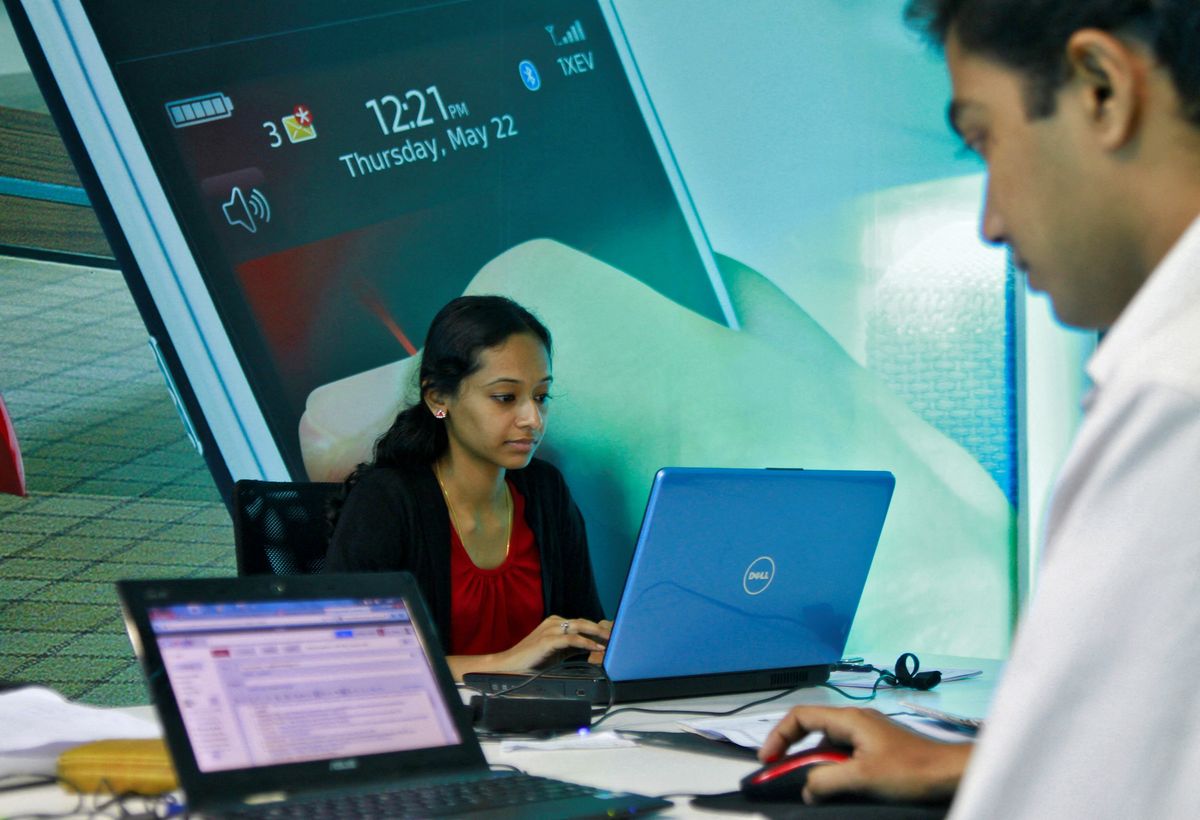India eases tech import rules for laptops and tablets
India has reportedly decided to ease up on its import restrictions on laptops, tablets and other IT hardware.

A few minutes every morning is all you need.
Stay up to date on the world's Headlines and Human Stories. It's fun, it's factual, it's fluff-free.
The backstory: Back in 2014, India, the world's most populous country, launched an ambitious initiative known as the "Make in India" campaign, led by Prime Minister Narendra Modi. The goal was to make India a major player in global manufacturing and offer an alternative to companies looking to diversify their supply chains away from China.
The nation is also going all out with cash incentives, like offering around US$6.7 billion for companies that manufacture electronics in India. So, many companies saw the potential and began setting up production hubs in the country. Tech giants like Apple and Samsung got on board, opening retail stores and producing phones on Indian soil.
More recently: In August, India introduced new regulations requiring importers of electronics like laptops, tablets and personal computers to get licenses before bringing these devices into the country. Importers had to provide detailed information about their shipments' origin, quantity and past import history.
But just a day after the initial announcement, India made an adjustment to its decision. The government decided to give companies a three-month window to get the required permits, so they had more of a transition time. Companies can import laptops and tablets without a license until October 31, with the new rules requiring licenses coming into effect on November 1.
The development: Now, India has reportedly decided to ease up on its import restrictions on laptops, tablets and other IT hardware. This decision came at a crucial time when companies like Apple, HP and Dell were preparing for potential challenges. So, what's happening now?
According to insiders, the nation is moving away from mandatory import licenses and adopting an "import management system" starting November 1. Now, importers will just need to register with the system instead of applying for licenses. On top of that, unlike the previous restrictions that immediately clamped down on incoming shipments, the new rules will keep the doors open for around six to nine months.
There's also a potential import quota on the horizon. This would be determined by factors like a company’s local production, the volume of IT hardware it imports and its exports from India. This quota system might be introduced gradually, taking into account a company's engagement with the Indian market. Importantly, these import rules won't apply to smartphones.
Key comments:
"Import consignments can be cleared till October 31 without a licence and a government permit would be required for clearance of import from November 1," said the Indian government in a notification in August.
“Getting hooked off China won’t happen because downstream industry is always going to prefer cheap imports that are coming in. It’s pure economics,” said Biswajit Dhar, a professor of economics at Jawaharlal Nehru University in New Delhi, to Bloomberg in June. “What China offers to companies, India can’t at this stage.”
“India has crossed a huge landmark in mobile phones with exports of US$11 billion in the past year,” said India’s technology minister Ashwini Vaishnaw at a news conference in May. “We want to take this momentum forward.”




Comments ()